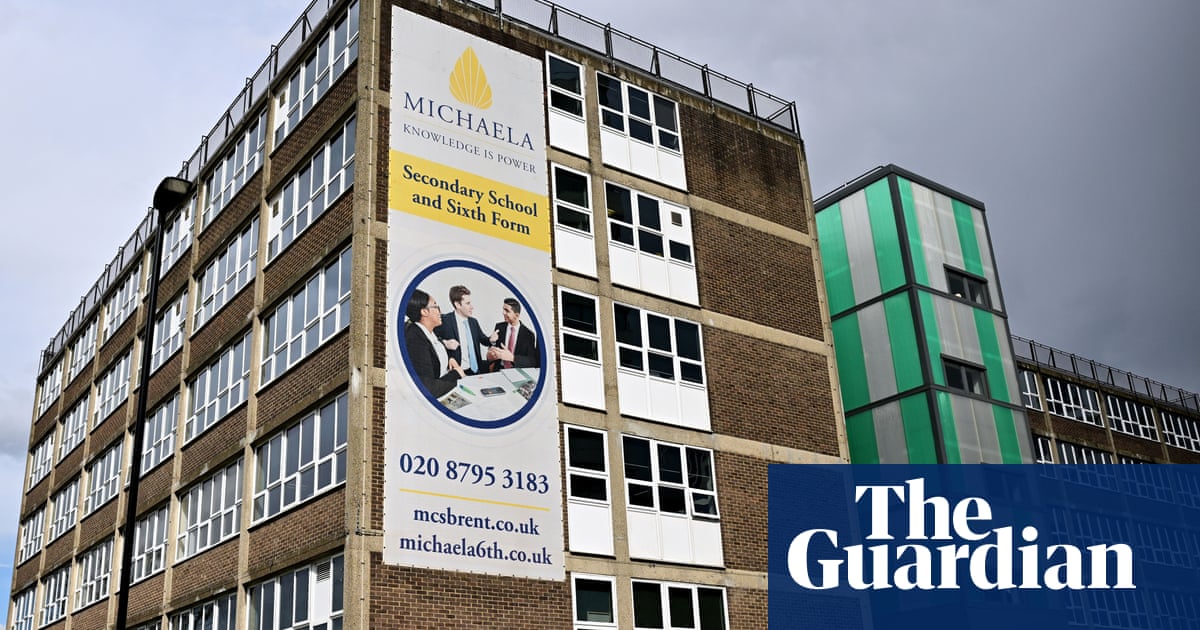
Witnesses who gave evidence to a House Judiciary subcommittee included several members of Congress, who spoke of the discrimination they have faced
American-Arab Anti-Discrimination Committee chief said the hearing is the first in almost 40 years to look at the discrimination and violence the community faces
WASHINGTON: The US House Judiciary Committee held a hearing on Tuesday about racism and discrimination that targets Muslim, Arab and South Asian Americans and violates of their civil rights.
It considered ways to raise awareness of the issue and policies that might be enacted to combat it.
The hearing, said to be the first of its kind in 40 years, was held by the committee’s Constitution, Civil Rights and Civil Liberties subcommittee. Its members emphasized the fact that the US is a country of immigrants, founded on the principle of equality and justice for all.
However, they acknowledged that acts of racism, discrimination and bigotry directed toward Arab and Muslim Americans, African Americans and other minorities persist.
Representative Steve Cohen, who chaired the first part of the hearing, said during his opening statement that as a member of the US Congress from the city of Memphis, Tennessee, which is home to a great number of Muslim and Arab Americans, he has enjoyed sharing Ramadan meals with members of the community over the years.
“The diversity of Muslim, Arab and South Asian American communities reflects our history as a nation of immigrants,” he said.
Acts of discrimination against minorities in the US, especially African Americans, have been committed by the government as well as by fellow American citizens, he added.
By way of an example of of the injustices committed by US authorities against minority groups he highlighted Jim Crow legislation, a body of laws enacted in southern states following the end of the American Civil War in 1865 that legalized racial discrimination and segregation.
The committee heard testimony from several elected members, including Ilhan Omar, a representative from Minnesota who is Muslim and was the first African refugee to become a member of Congress; Andre Carson, an African American representative from Indiana; Pramila Jayapal; an Indian
American immigrant who represents Seattle, Washington; and Judy Chu an Asian American representative from California.
Carson spoke of his own experiences of racism and discrimination as a young African American and Muslim growing up in Indiana. He highlighted the importance of solidarity among Muslim communities in America and told how that community had fought for his rights and helped him when, as a young man, he was arrested by the police while standing close to a mosque.
Andre Carson, an African American representative from Indiana, spoke of his own experiences of racism and discrimination as a young African American and Muslim growing up. (Screenshot)
“I learned a real lesson that day: That being black and being Muslim put someone like me under double scrutiny,” he said.
Carson pointed out that Muslim Americans have contributed to the success and prosperity of America in all walks of life but that the Sept. 11 attacks in 2001 had changed the perception of Muslims in the US for the worse.
“I hope today’s hearing raises more awareness of the very life-changing impacts of discrimination against Muslims,” he added.
Omar told the hearing that she, too, was a victim of discrimination because of her race and faith. She said she had worked with fellow members of Congress to repeal a ban, implemented during President Donald Trump’s term in office, on people from a number of Muslim-majority countries entering the US. She added that she has worked on a variety of legislation designed to end discriminatory policies against Muslim Americans and other minority groups.
In a statement, Chris Habiby, the legislative and policy coordinator of the American-Arab Anti-Discrimination Committee, welcomed the hearing and stressed the need for a vigorous approach by Congress and the US government to address discrimination and violence against Arab and Muslim Americans.
He said the last time the issue was tackled was in 1986, shortly after Palestinian American civil rights activist Alex Odeh was assassinated in California. His murder, which remains unsolved, was described as an act of terrorism against Arab Americans.
“This is the first hearing to examine the discrimination and violence our community faces in almost 40 years,” Habiby added.
“While this is the first hearing on discrimination against Arab, Muslim and South Asian Americans in the post 9/11 era, it hopefully will not be the last.”
Committee members also heard from several Muslim and South Asian American citizens who told how they had experienced incidents of bigotry and racism in the US based on their faith or the color of their skin.
Shoba Sivaprasad Wadhia, who is Indian American and an associate dean for diversity, equity, and inclusion at Penn State University in Pennsylvania, said that the Sept. 11 attacks had been used by the US government to restrict the civil liberties of Arab Americans and Muslims.
“In the post-9/11 era, executive-branch agencies used national security as a basis for new immigration policies that targeted Muslim, Arab and South Asian American communities,” she added.









